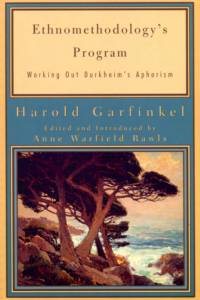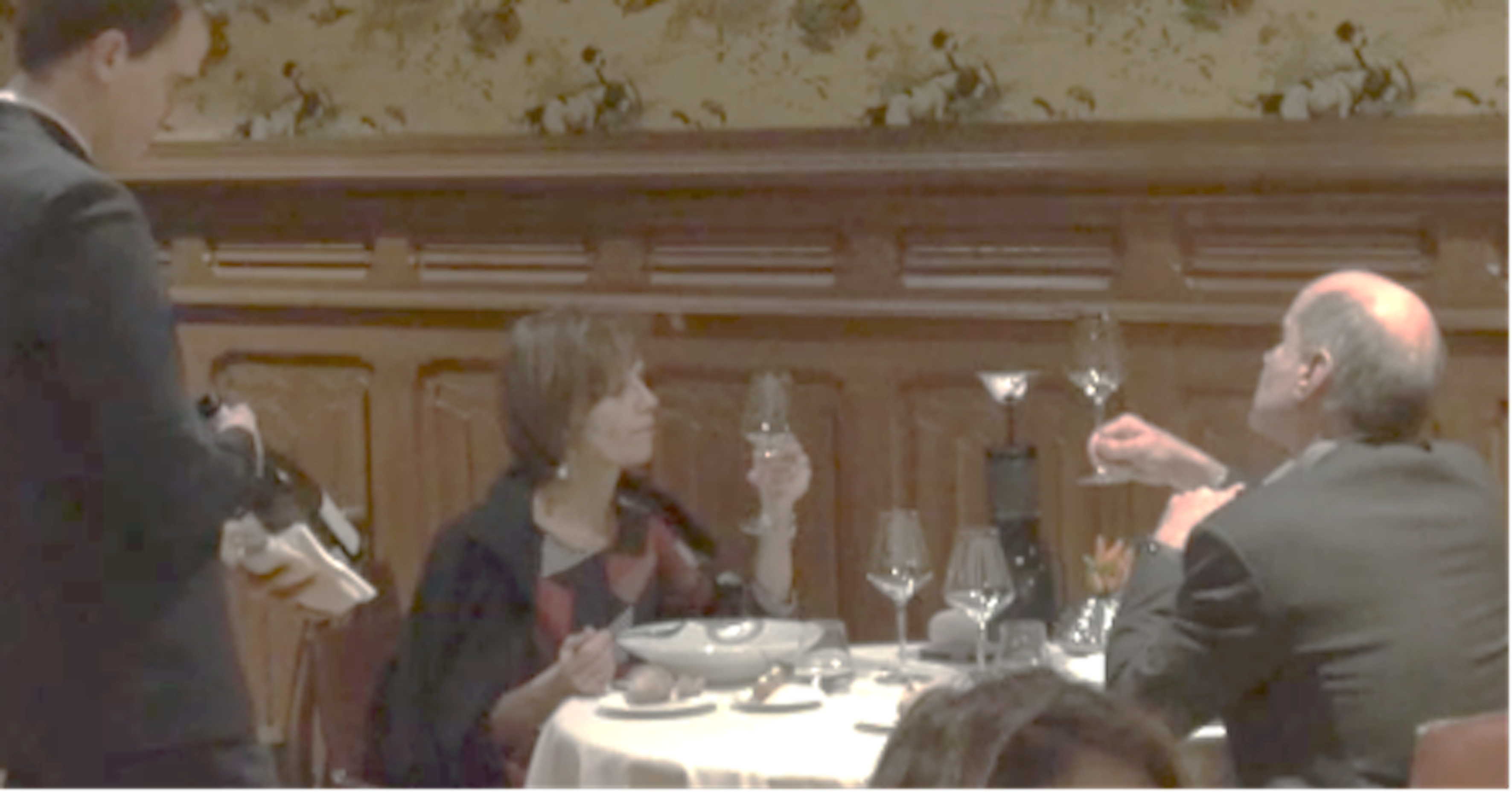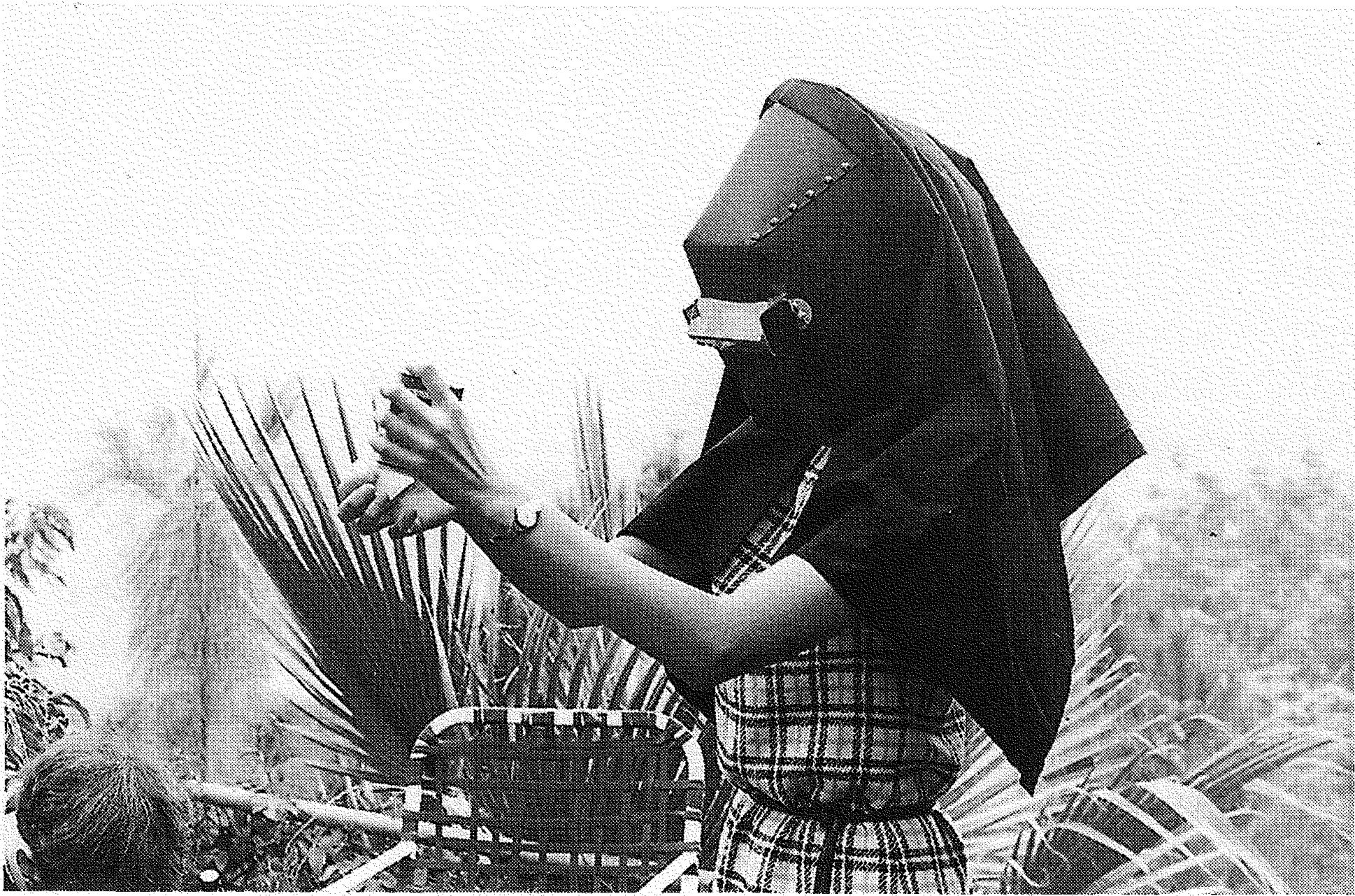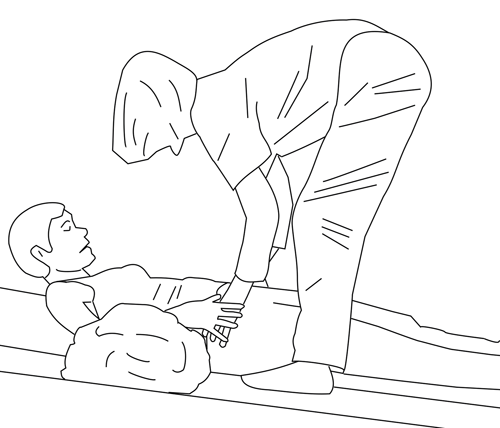
“Machine–Body–Space: The Entanglement of Human and Non-Human Sensing”
Thursday, 07. November 2024 – Friday, 08. November 2024
This conference aims to investigate the complex co-constitution of human and machinic sensing, examining how sensing, sensoring, and sense-making are intertwined in sensory practices within everyday environments.
The conference is hosted by Lorenza Mondada, Clemens Eisenmann and Philippe Sormani from project P01 and Stephan Habscheid and Tim Hector from project B06 in the Collaborative Research Center 1187 “Media of Cooperation”
Together with our guests, we aim to discuss the evolving relationship between human and machine-based sensing and the effects of this relationship on everyday life. With digital and networked technologies becoming an integral part of our routines, sensor technologies now play a key role in personal and domestic spaces, from health management and home automation to environmental control.
These “sensing machines”, e.g. advanced voice assistants that can capture visual and tactile signals demonstrate, incorporate sensors that detect a range of physical attributes such as brightness, motion, temperature, and humidity. This data enables machines to interact with their environments in sophisticated ways—observing human and animal movements, noting environmental changes, and assisting in daily activities. These tools can be empowering, especially in contexts of disability and assistance, but they also introduce new challenges related to privacy, equality, and the nature of human-machine interaction.
Contributions from empirical research will demonstrate for instance how users mobilize the human sensorium as well as old and new sensor technologies, thereby making their sensory experiences comprehensible for each other – from moment to moment, in their temporal sequence and in diverse contexts, including the enhancement of sustainability, convenience, assistance, entertainment or security.
In our discussions, we will tackle perception, embodiment, and interaction within shared spaces, emphasizing how both human and machine senses contribute to shared experiences. By focusing on sensory processes as practices, the event invites a rethinking of how we understand bodies, spaces, and machines as intertwined in new, hybrid modes of sensing and perceiving.
The event will thus foster a dialogue on how sensory technologies shape, challenge, and redefine our understanding of perception and sensing, both in practical settings and in theoretical contexts. We’re welcoming an international crowd of guests: Christopher Lloyd Salter (Zürich) and Bertolt Meyer (Chemnitz) as keynote speakers and roundtable inputs from Katharina Graf (Frankfurt), Wolfgang Kesselheim (Greifswald), Jakub Mlynář (HES-SO Valais-Wallis), Hannah Pelikan (Linköping), and others.
Venue
University of Siegen
Room AH-A-217/18 (2nd floor)
Herrengarten 3, D-57072 Siegen, Germany
The project P01 “Media of Praxeology I: Multisensory Mediality and Cooperative Practice” investigates the cooperative accomplishment, accountability, and socio-technical mediatization of multisensorial practices. It extends digital praxeology by showing in detail, how embodied and intercorporeal practices of cooperation are fundamental for the study of sensoriality and mediality. Lorenza Mondada is Professor of general and French Linguistics at the University of Basel and principal investigator of P01. Clemens Eisenmann and Philippe Sormani are postdoctoral researchers in P01
The project B06 “Un-/desired Observation in Interaction: Smart Environments, Language, Body, and Senses in Private Households” investigates the domestication of data-intensive sensory media in interaction by exploring how ‘intelligent’ living environments digitally capture households in terms of language, motor skills and sensory perception. Stephan Habscheid is Professor of German Studies / Applied Linguistics at the University of Siegen and principal investigator of B06. Tim Hector is postdoctoral researcher at B06




